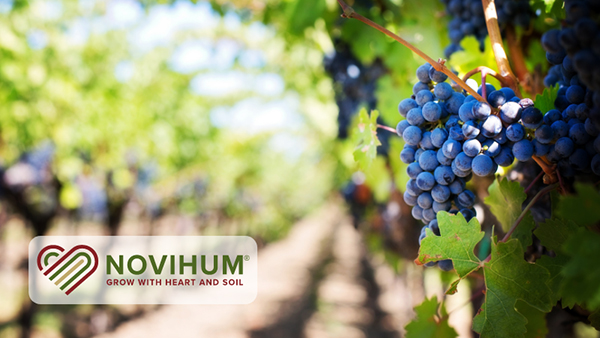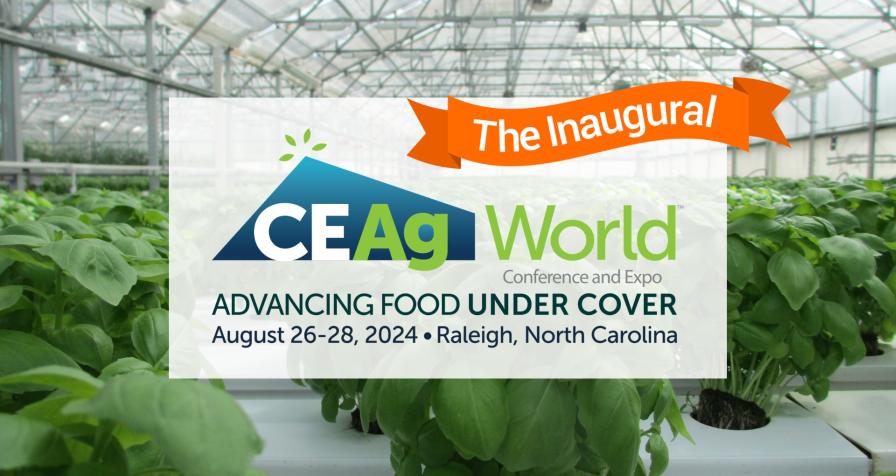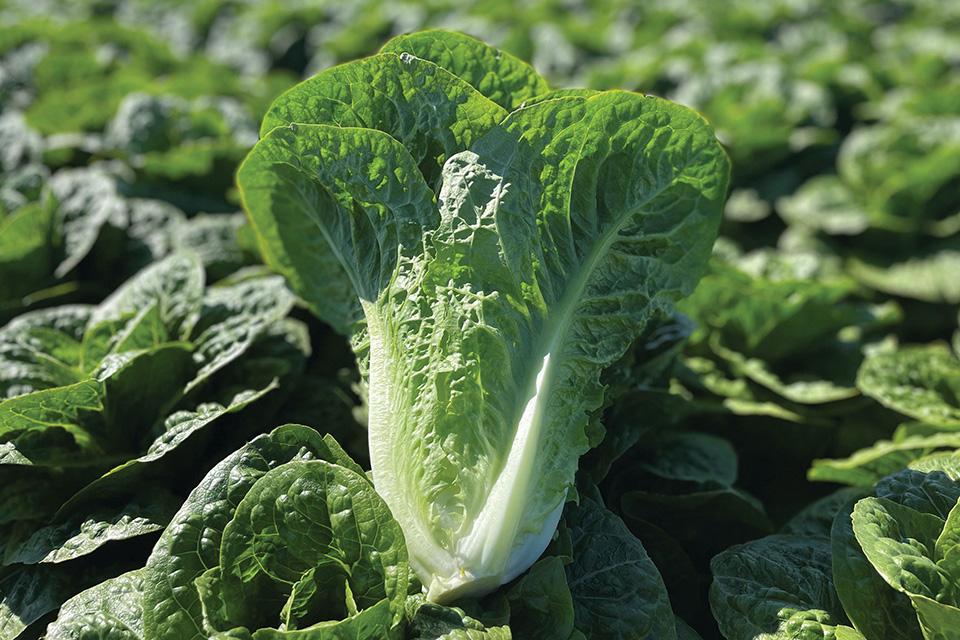Farming Operations Are Tied To The Land

One aspect of farming separates it from virtually every other industry: You can’t just up and move your business, because unless you’re a greenhouse grower, your livelihood is inextricably tied to the land.
I got to thinking of this during a little tiff between the governors of Texas and California earlier this spring. What started the spat between Texas Gov. Rick Perry and California Gov. Jerry Brown was Perry saying in a radio ad that he was offering California businesses a fairer shake than what they’re getting in the Golden State. “Building a business is tough, but I hear building a business in California is next to impossible,” Perry says in the ad. “There are plenty of reasons Texas has been named the best state for doing business for eight years running.”
I won’t even get into Brown’s sophomoric reply because doing so would give sophomores a bad name. What struck me about the ad, though, was how little it applied to vegetable farming.
Tex/Mex
In fact, the two states couldn’t be more different in that regard. For the past decade or so Texas has seen an acreage decline, mainly due to drought conditions in the state’s primary vegetable production region, the Rio Grande Valley. California has had its share of water shortages, but in the main, vegetable production has remained pretty steady.
That difference in climates is California’s big advantage. Because while Texas offers such attractions as no state income tax, California does not. While Texas offers a relatively permissive regulatory approach, California does not. The list goes on. But the difference in climates is too great to overcome. Texas simply does not have a Salinas Valley. But that also means California growers — especially those in places like the Salinas Valley — cannot just up and move as some other companies have done. For example, Honda recently moved its North American headquarters from California to Ohio.
Another reason for the vegetable acreage decline in Texas has been the implementation of the North American Free Trade Agreement (NAFTA). A lot of those Lone Star acres are now farmed on the other side of the border, in Mexico.
Some California growers have done the same, moving their operations to Mexico. I have heard from some that because of lower costs and less regulation they are doing quite well; I have heard from others that a lack of access to skilled labor and crop protection products has hurt. I have not found a grower who has made the move who will speak on the record; that makes me wonder.
Will California growers be forced to use Mexico as a bargaining chip? Or perhaps the state’s political leaders can be convinced of the unique value of the one true green industry — valuable not only in terms of ready access to fresh, healthy vegetables, but in terms of national security.









